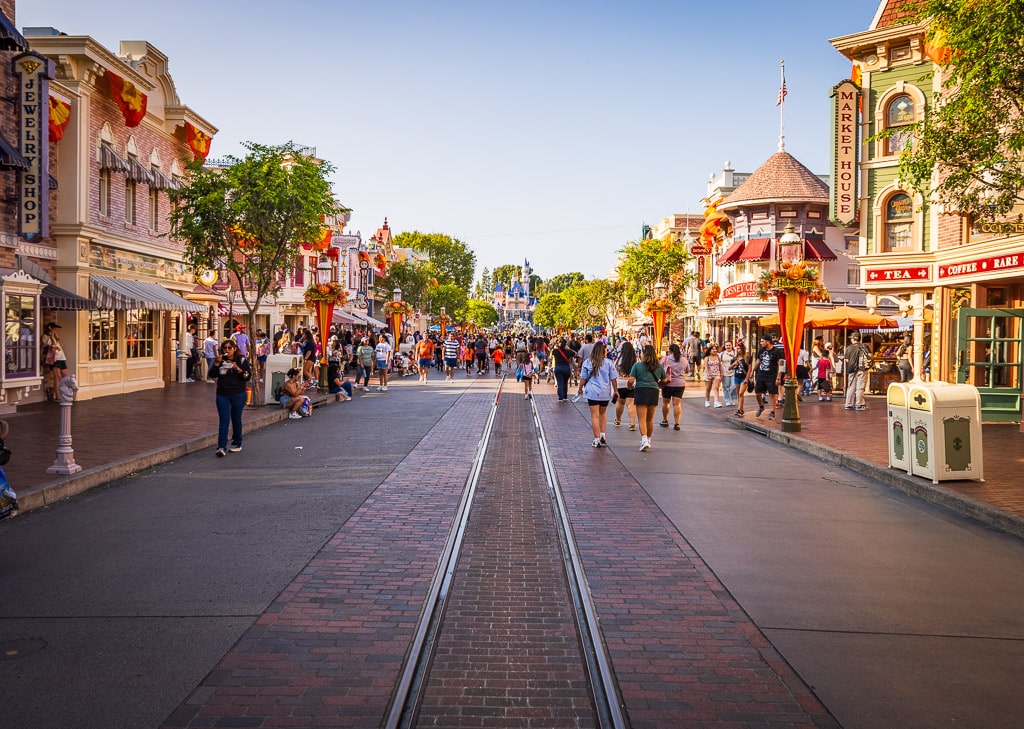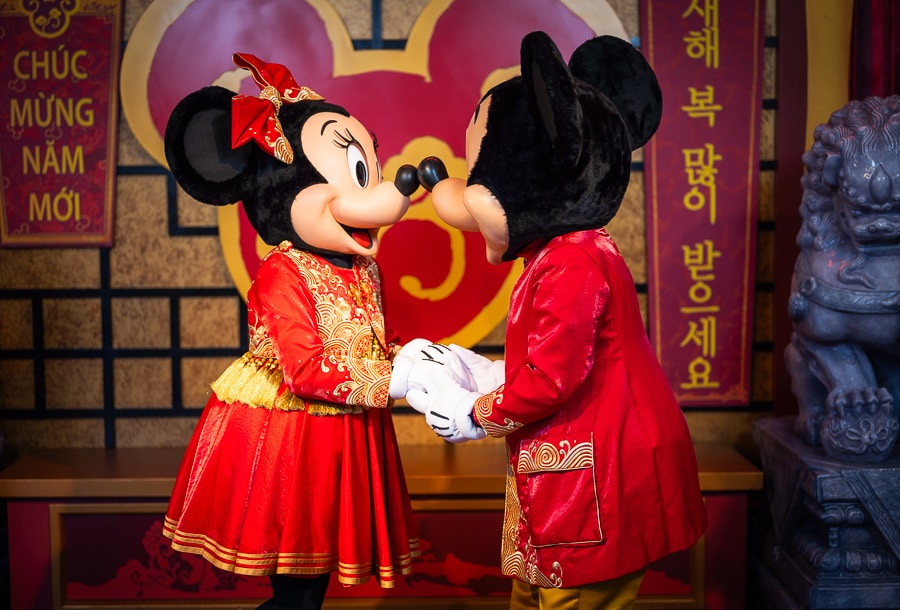
The Walt Disney Company has dropped from the top slot of media & entertainment companies on Fortune’s 2024 list of the World’s Most Admired Companies. This post takes a look at what changed, how Disney performed relative to the competition, along with our commentary about what this does–and does not–mean.
For 2024, Disney ranked #12 overall among the companies from across the globe on the All-Star list of Fortune’s Most Admired Companies, which is a fall of 6 places as compared to last year. In its release, Fortune specifically drew attention to this drop, noting it was one of the largest for Disney, a company that has historically been near the top of the All-Star list and #1 on the media & entertainment category.
The top three of the All-Star list is dominated by tech companies, with Apple #1, Microsoft #2, and Amazon #3. While it was a big year for those and other tech companies–with Nvidia soaring up the list and Alphabet/Google also ranking in the top 10–legacy companies were no slouches. Walmart, Chase, Costco, Berkshire Hathaway, and American Express also scored spots in the top 10 of the All-Star list.
Separately, Disney lost its #1 spot as the most admired entertainment company to Netflix and fell to #4 in the Media & Entertainment sector, behind Electronic Arts (#2) and Comcast (#3). Disney had held the top spot for 20 consecutive years prior to 2024. (Note that the methodology for choosing the top-ranked companies within industries is different than that for choosing All-Stars, which is why Netflix still ranks below Disney on the All-Star list at No. 23, but #1 on the media list.)
To Disney’s credit, at least the company outperformed McDonald’s, Nestle, Unilever, Lockheed Martin and Charles Schwab, all of which dropped off the list entirely. Credit also goes to newcomers Moderna (#37), Mastercard (#40), L’Oreal (#43), and Adobe (#46), which made the top 50 after not being ranked last year.
With all of that said, methodology matters here as the “how” of this list is indicative of what it does (and doesn’t) reflect. Fortune’s annual list of the “World’s Most Admired Companies” is a collaboration with Korn Ferry to survey corporate reputations. The process begins with the 1,000 largest U.S. companies ranked by revenue, along with non-U.S. companies in Fortune’s Global 500 database that have revenues of $10 billion or more.
From there, the candidate pool is reduced to the highest-revenue companies in each industry, for a total of 660 in 29 countries. The top-rated companies were picked from that pool of 660; the executives who voted work at the companies in that group.
To determine the best-regarded companies in 52 industries, Korn Ferry asked executives, directors, and analysts to rate enterprises within their own industry on nine criteria, including investment value, quality of management, caliber of products, ability to attract talent, etc. A company’s score must rank in the top half of its industry survey to be listed.
To select the 50 All-Stars, Korn Ferry asked 3,720 executives, directors, and securities analysts who had responded to the industry surveys to select the 10 companies they admired most. They chose from a list made up of the companies that ranked in the top 25% in last year’s surveys, plus those that finished in the top 20% of their industry. Anyone could vote for any company in any industry.
The difference in the voting rolls explains why some results can seem at odds with each other. For example, Lockheed Martin fell off the All-Star list but ranked No. 1 within the aerospace & defense category when votes from only those in that industry were counted. This also explains why Disney is behind Netflix within the media industry, but not on the overall All-Star list.
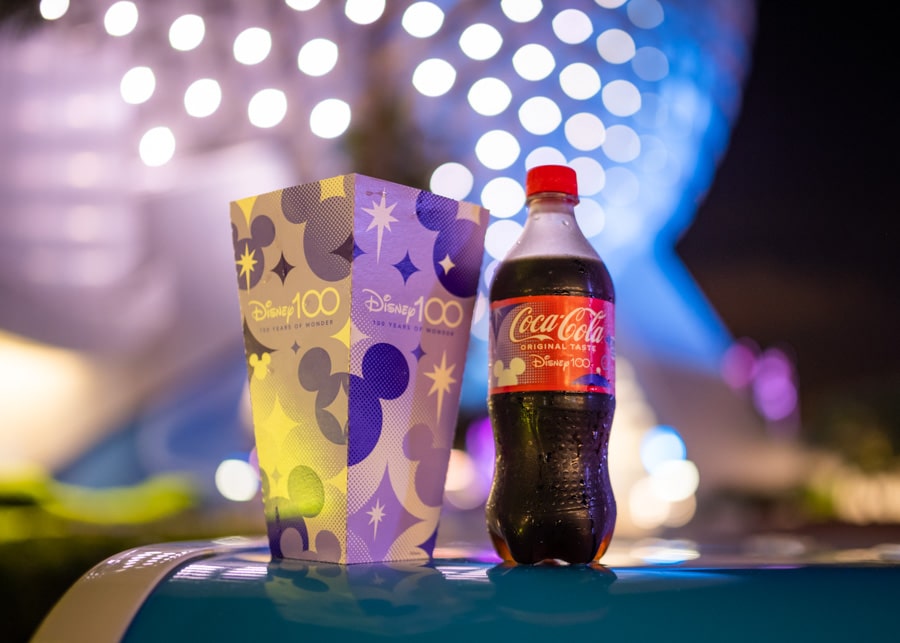
Here’s Fortune’s 2024 Top 50 All-Star List:
- Apple
- Microsoft
- Amazon.com
- Berkshire Hathaway
- JPMorgan Chase
- Costco Wholesale
- Alphabet (Google)
- American Express
- Walmart
- Nvidia
- Delta Air Lines
- Disney
- Marriott
- Nike
- Coca-Cola
- Starbucks
- FedEx
- Procter & Gamble
- Home Depot
- Pfizer
- Salesforce
- Target
- Netflix
- USAA
- Toyota Motor
- BlackRock
- Johnson & Johnson
- BMW
- Singapore Airlines
- Goldman Sachs
- UPS
- Nordstrom
- Accenture
- Eli Lilly
- PepsiCo
- Morgan Stanley
- Moderna
- Visa
- Southwest Airlines
- Mastercard
- Danaher
- Bank of America
- L’Oréal
- 3M
- Samsung
- Adobe
- Lowe’s
- IBM
- Publix Super Markets
- CVS Health
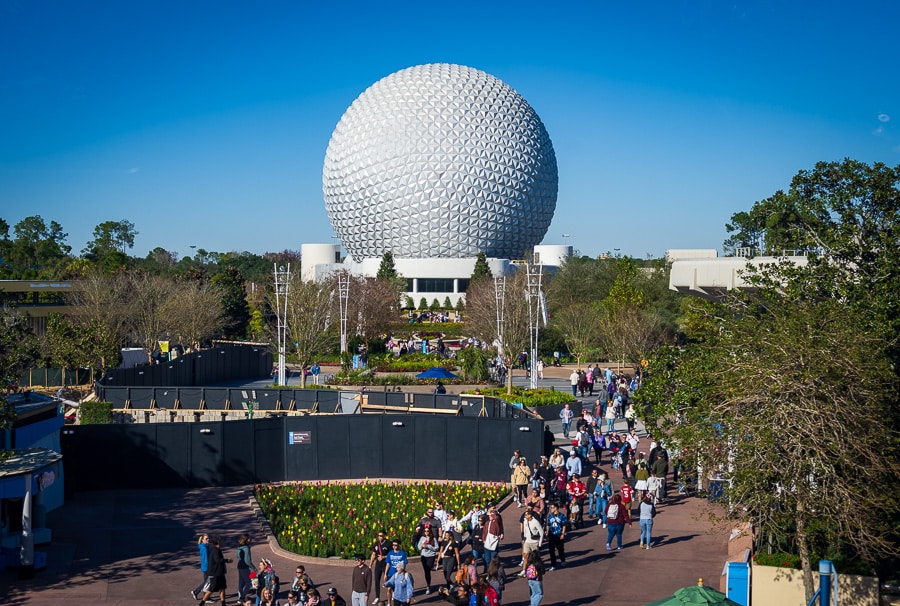
Turning to commentary, I think this type of list is fascinating. We last covered this topic in Disney’s Reputation Falls Further, which showcased the company’s slide on the Axios Harris Poll. That came out last spring–I’m really looking forward to this year’s list, and seeing whether less controversy (hopefully!) results in a higher ranking.
It should be apparent if you read the methodology section, but in case you skimmed over that, the critical difference with this Fortune list is that it’s voted on by industry executives, directors, and analysts rather than the general public. Leaders within corporations prioritize different qualities or characteristics than do consumers.
Metrics like investment value, quality of management, ability to attract talent, and social responsibility may not matter to the average American responding to such a survey. In fact, there are scenarios where something like “investment value” could be diametrically opposed to what consumers prize. Analysts might love Genie+ and the elimination of Disney’s Magical Express, thinking “that Chapek fella had some good ideas.” Just gonna go out on a limb and assume that would not be the consensus among consumers, though.
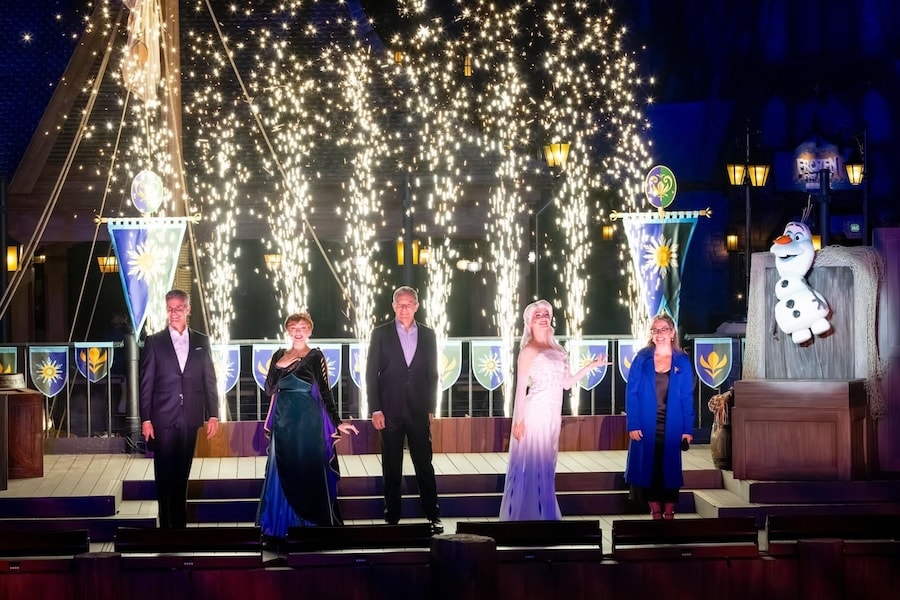
Where there is overlap, it’s primarily with quality of the product and maybe of management, but the latter is arguably a bit too inside baseball for the average American. It matters to people who read sites like this one–around here, Bob Iger and Josh D’Amaro aren’t just household names, there are strong opinions about the dynamic duo.
But I’d bet that around half of Axios Harris poll respondents recognize Bob Iger, and less than 5% know the name Josh D’Amaro. Never underestimate the knowledge gap between super-fans and regular people (can you name the CEOs of every company in the Fortune top 10?!) So really, it’s the products that matter.
The discrepancies between Fortune’s industry-specific and All-Star lists even hint at this. Within an industry, there’s likely much more insight into the competition–their pay, policies, competitiveness, etc. Zoom out and ask executives more broadly, and there’s more knowledge relative to the general public, but it’s still a bit of a smell test: “Disney’s stock was a laggard in my portfolio, I heard they did big layoffs, and I keep seeing articles in WSJ about there being trouble in paradise with Bob Iger’s return.” That type of thing.
Point being, the back-and-forth over Imagineering moving to Lake Nona and layoffs of 7,000 employees and shuttering of innovative divisions and return-to-office mandates and proxy fights and leadership shuffles and stock underperformance and constant palace intrigue/ongoing Battle of the Bobs probably took their toll on Disney’s reputation in the business community. Ditto Disney’s stronghold on #1 on the media list, and top 10 spot on the All-Star list.

When it came to the All-Star list, I’m sure the constant headlines about Disney vs. DeSantis didn’t help. Not because these executives feel politically alienated or care about the culture war (they probably do not and/or politically lean the same direction), but because it’s a bad look. Most employees aren’t activists, and don’t want mention of their polarizing employer to instigate a rant from drunk uncle at a family gathering or sideyes at a dinner party.
It’s a similar story with the quality of the movies, streaming service, or in-park experience at Walt Disney World. Executives watch and do things with their kids, at least some of them some of the time, and it’s not like Disney was firing on all cylinders last year. That, too, could have negatively impacted Disney’s ranking.
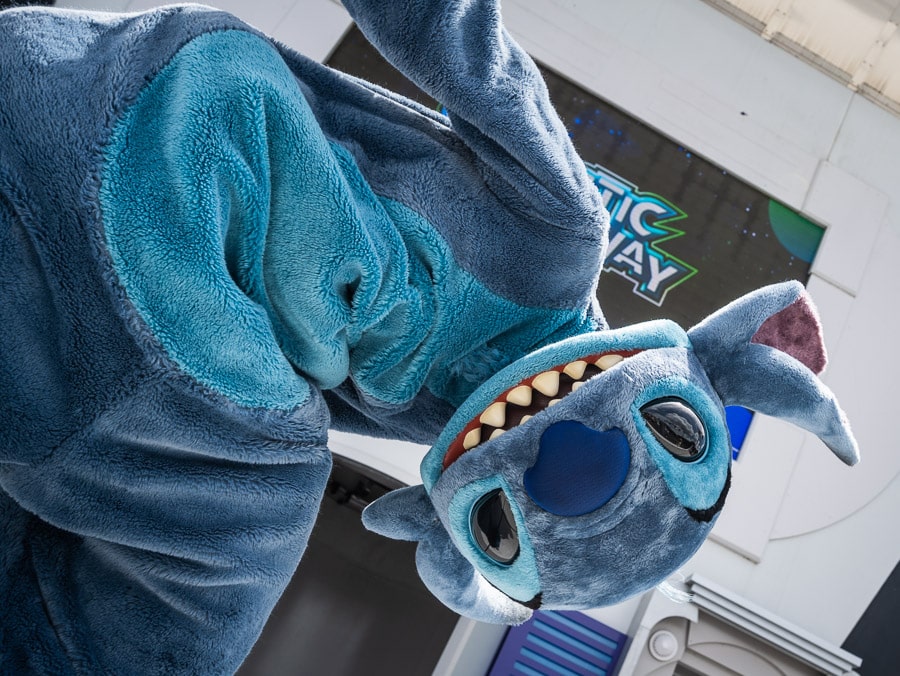
So how is the Fortune list relevant to you, as a fan of Walt Disney World and Disneyland? To be honest, it’s probably a lot less meaningful than the Axios Harris poll. (That’s the one I’m anxiously awaiting.) Companies can overperform on this list while offering awful consumer products and services. Or vice-versa.
One example I’d give is actually a company that ranks above Disney on the media list: Electronic Arts. For those of you unfamiliar with video games, EA is basically the Stitch’s Great Escape of publishers. Meaning that there are probably fans of it out there somewhere, but they’re off their rockers. (No offense, SGE or EA fans, but you only have yourselves to blame.) Almost every player hates EA. Their business practices (which are likely loved by investors and executives!) are shady and anti-consumer.
With that said, Electronic Arts is one of the few video game publishers that has really cracked into the mainstream, and isn’t operated like a scrappy startup with punishing work conditions and long hours. I don’t purport to be an expert on this type of thing, but a quick Google search for Electronic Arts + crunch (one of the gaming industry’s biggest issues) reveals pretty much nothing since 2004. I can admit that’s a solid track record, even if I still hate EA.

How this could matter to you is in Disney’s ability to attract and retain talent, which is one of the explicit criteria of the survey, and the downstream effects of that. Disney has long been able to compete with tech, entertainment, and hospitality companies not on its compensation packages–which are often reportedly below industry norms–but because of the name Disney and what that means. Talented professionals wanted to work for Imagineering because of the name cachet and being part of something cool and special.
You don’t even have to look that far up the company. One of the reasons the College Program has been so successful is because Disney is a powerful word on a résumé. You’ve just gotta find a way to dress up that role as parking lot attendant or table clearer. This is also how the company has been able to sell itself to other companies with things like the Disney Institute. As much as I love Disney, if I were in the market for professional development and training, there’s no way I’d send my leaders to Disney for training.
The consequence of Disney not being able to attract top talent would be a future with fewer Lanny Smoots or Joe Rohdes. Not being able to make the same strides in robotics, groundbreaking technologies that earn patents, or advancements in Audio Animatronics. Those are extreme examples–it could mean not landing the artists and artisans capable of beautiful artwork, murals, rockwork, etc. And that’s just in Imagineering, one relatively small silo of Disney.

If Disney doesn’t course-correct and start not having these and other issues, they won’t just have reputation problems among fans and more casual consumers. Just as all of the above isn’t good for employee morale, it’s not good for a corporation’s admiration in the business world–and that has real world consequences.
Disney could start losing talent to Netflix, Marriott, Electronic Arts, or even Comcast (Universal Creative). For many Disney fans, being an Imagineer is the holy grail–but for a lot of actual job candidates, it’s one of many options. That’s just one, highly-visible example. There are other prominent positions in Burbank, Glendale, Central Florida and beyond that need to be able to attract top talent. They flocked to Disney in the past because it was an American institution, with an unrivaled reputation. In a tight labor market (like right now!), it’s not exactly a great thing that Disney’s standing within corporate America is starting to fall.
Need Disney trip planning tips and comprehensive advice? Make sure to read Disney & Universal Vacation Planning Guides, where you can find comprehensive guides to Walt Disney World, Disneyland, Universal Orlando & Hollywood, and beyond! For news & rumors, on-the-ground updates, discount information, free downloads of our eBooks, and much more, sign up for our FREE email newsletter!
YOUR THOUGHTS
What’s your take on Disney falling on the Fortune list of the World’s Most Admired Companies? Think the company can bounce back with a less tumultuous year marked by an end to the proxy fights, leadership shakeups, and palace intrigue? Hope Disney gets its groove back soon? Regardless of your perspective on the reasons for Disney’s decline, please keep the comments civil and non-political.





